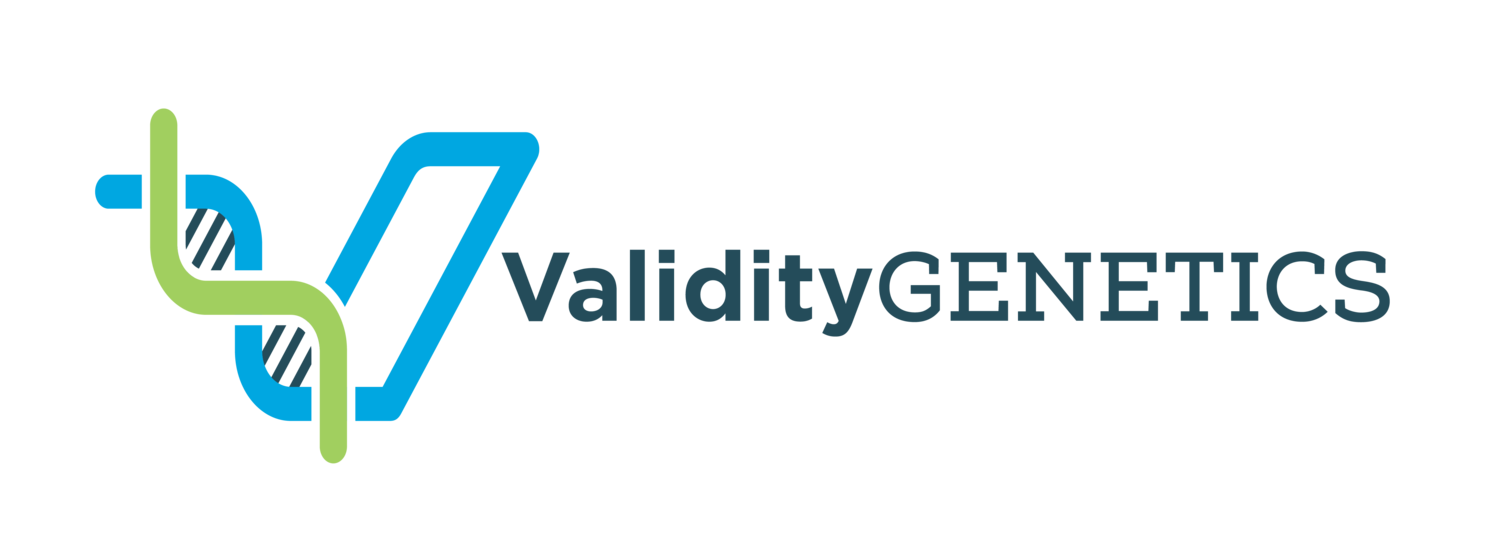What can be tested for traces of DNA?
How is a normal DNA sample gathered?
For DNA testing the most popular and reliable way to collect samples is the oral buccal swab method. A buccal swab closely resembles a one ended Q-Tip in appearance. Using swabs as a collection method is quick and painless and is the recommended way to collect DNA samples for testing.
In cases where an oral swab sample cannot be obtained (the individual to be tested is missing, deceased, unwilling or unable to participate) a forensic sample can be submitted for testing. Most DNA companies will charge an additional fee for each forensic sample used in place of a swab.
Are there risks to sending a forensic sample?
Yes, one of the risks of sending a forensic sample for DNA testing is the quality of the DNA in a forensic sample cannot be guaranteed. There is a chance that the DNA in the sample submitted is degraded, contaminated, or insufficient. In these cases even the most advanced laboratories in the world may not be able to obtain any usable DNA information. In these cases DNA companies will still charge you the full cost even if the attempt is unsuccessful.
What types of samples can be tested for DNA?
A few examples of DNA forensic samples which are commonly submitted to a DNA laboratory for testing include:
Dried blood stains (dried blood on bandages, on tissue, cotton, or paper)
Dried saliva stains (cigarette butts, stamps, stains on clothing or napkins)
Hair, you will need 6-8 strands per test. (Hair works best if it is taken directly from the head. Hair which has fallen out of the head naturally may work as well. Cut hair will not work, the strands of hair must have roots, that is where the DNA is located)
Dried underwear stains (pads, tampons, diapers)
Dried semen stains (tissue, underwear, bed sheets)
Fingernail clippings can work, but are at a much lower chance of success (6+ or more clippings to ensure a higher success rate)
Teeth (Molar, premolar, and canine work best. Higher costs are usually involved, best to contact the lab you are looking at before you order a test)
When it comes down to it, any sample which contains biological material has a chance of working. It also has a higher chance of not being usable, or contain enough DNA to be usable in a DNA test.
If you have any questions in regards to your situation, please contact us or email us at Info@ValidityGenetics.com directly.


